By Nova Dudley-Gough
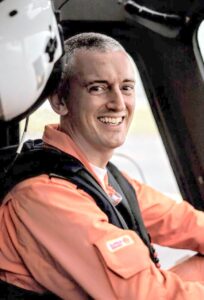
I’ve spent many mornings walking along Panaga Beach, pondering the meaning of life, the pointlessness of existence, and why the tides here are so totally weird. Growing up in the UK — not that I grew up near the coast, but this is what we learned — you had one high tide, one low tide, and that was it. So why is Panaga different? Why are the high tides different heights? Why does it stay high all day sometimes? Why did that sand disappear that one time? After repeatedly asking all this stuff to people who didn’t know either, I was directed toward Rupert Kaile, helicopter pilot, avid kite boarder, and tide expert. We met at Santuari so I could ask him all those questions, and he could helpfully point at the sea while I kept saying “But why?”
Rupert has been in Panaga for eleven years and has been kite surfing properly for at least ten years. Sailing is his true passion — he grew up around Vancouver, Canada, where sailing is a huge part of life — but it’s not as easy to access here in Brunei as Rupert works shift patterns and free weekends are rare. This sport gets him on the water for his fix.
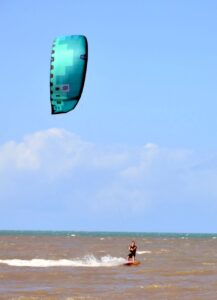
Anyone who sails, surfs or kite boards knows that reading the water is essential to being safe and getting good at your sport. It’s about counting the waves, looking for the right swell, and picking the right line to get out to sea or back to shore. Local knowledge is incredibly important — learning where the sandbars are can affect the waves — but so is learning the way the tides work in your particular location.
So, why are the tides so weird here? Rupert was kind enough to explain all this in a way that a person who doesn’t even like getting her face wet in a swimming pool (that’s me) could understand. While we have lunar and solar tides, because water isn’t an even depth all around the globe, and there are things like coastlines and currents and the way that large bodies of water resonate around land masses, these tides vary massively, globally. Due to its location, Brunei has minimal tides. The Philippines and Malaysia essentially block a lot of the water movement that we would get from the lunar and solar tides. It isn’t — as I asked — anything at all to do with being near the equator. So for North America and North West Europe, there is less protection from ocean tides, whereas countries that have a coast with the Mediterranean Sea barely see a change in tide at all.
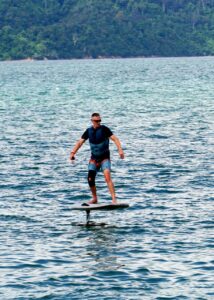
While that explains why our tides aren’t extreme, does it also explain why we sometimes have tides that stay high all day? We have to look at other reasons for that. The northeast and southwest monsoon can play a part. (They’re named for the direction that the wind comes from. I really am happy to ask the most basic questions.) The northeast monsoon affects the Brunei tides more as the coastline is exposed to these winds. So we’re not really seeing a tide, but rather a relaxed kind of storm surge. The wind, combined with low air pressure (the sort that would cause a typhoon in the Philippines) ‘lifts’ the sea to keep the tides higher. The southwest monsoon, which comes from inland, doesn’t have the same effect on the tides.
There is no doubt for Rupert, after such a long time in Panaga that climate change is affecting seasons. The wet or dry seasons are less defined and are even changing when they occur during the year — and this is more than the effects of El Niño. The best way to keep an eye on the tides is to use an app, and stick with the same one so you learn the quirks of the water. I use the Tides App, and while there is a tide meter at Kuala Belait, you’re best to look at Tanjong Baram for the tide most relevant to Panaga. Bandar does have a different tidal pattern, reaching their high or low tides an hour or two after us. A good website (used by sailors and people that get on the water, not just next to it) is www.tideforecast.com.
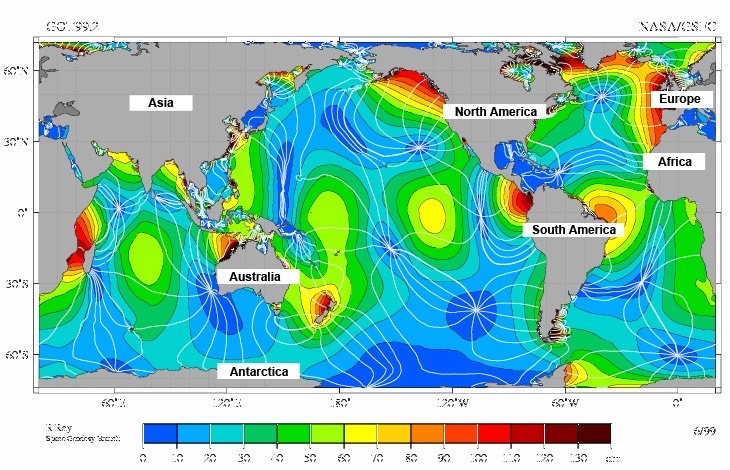
If you’re interested in learning to kite surf, Rupert learned in Hua Hin, Thailand. The most important thing for that is the wide stretch of beach needed to get the kite ready, and a good wind onto the beach. In Panaga, that usually means January to April. But those pesky tides can wash away — and dump — sand on the beach which means the water might come up higher or lower than it’s supposed to, scuppering any chance of kite boarding.

There is a small community of kite boarders in Panaga, so make sure you keep an eye out for them the next time you’re walking the beach, feeling all knowledgeable about what those tides are doing.
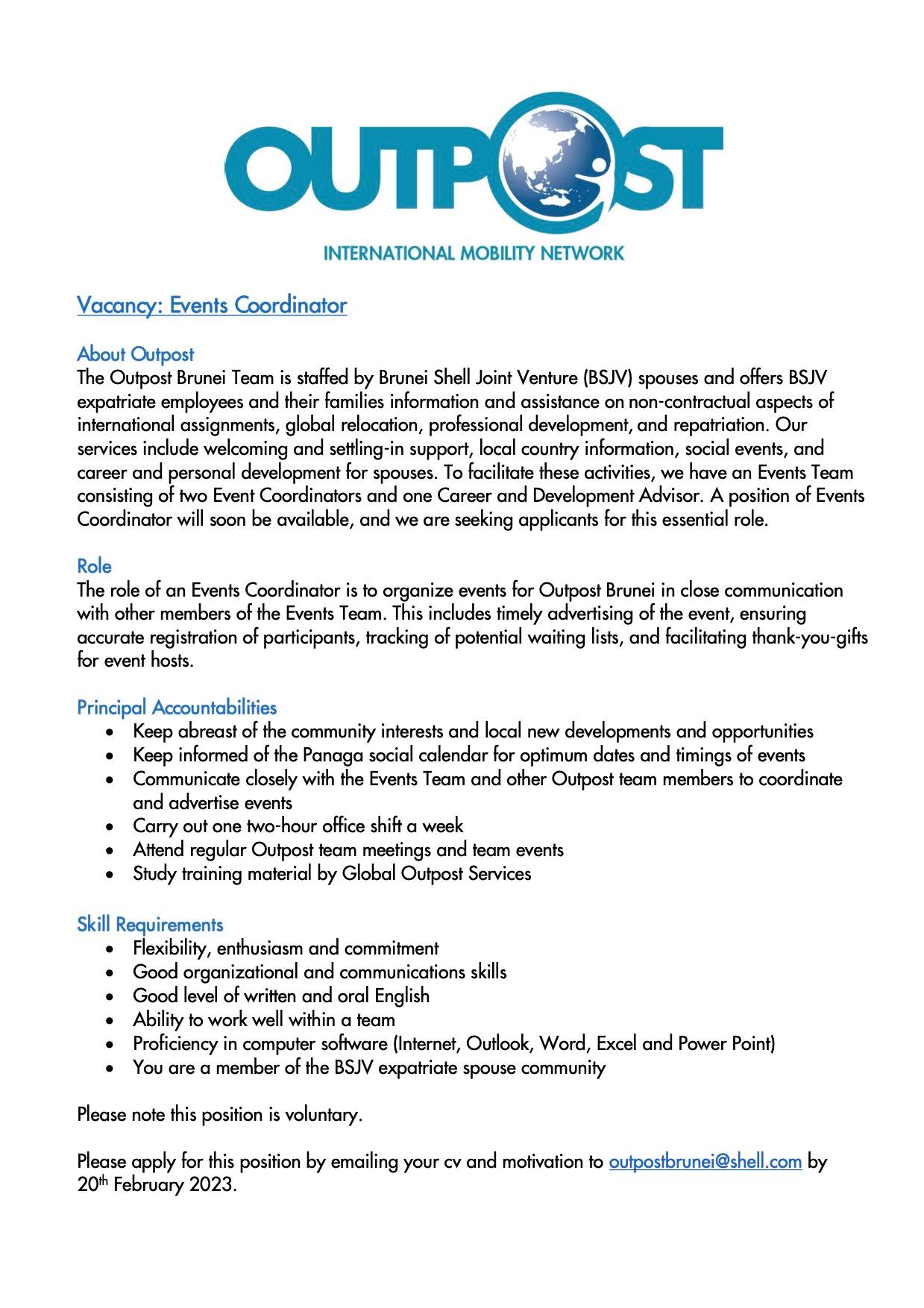
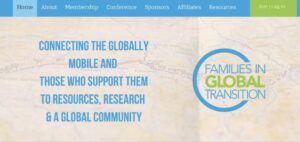
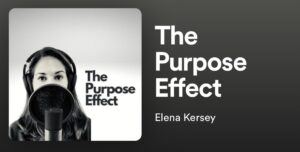 Elena Kersey, an expat in Kuala Lumpur and host of The Purpose Effect podcast, identified this aspect of life that was particularly challenging, and she sought to create a space where listeners can hear stories from like-minded people, and be challenging of themselves, when seeking to answer the question that is so frequently posed: ‘If you could do anything, what would you do?’.
Elena Kersey, an expat in Kuala Lumpur and host of The Purpose Effect podcast, identified this aspect of life that was particularly challenging, and she sought to create a space where listeners can hear stories from like-minded people, and be challenging of themselves, when seeking to answer the question that is so frequently posed: ‘If you could do anything, what would you do?’.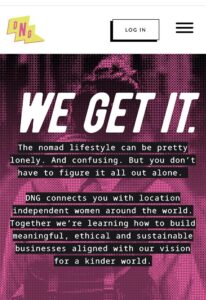
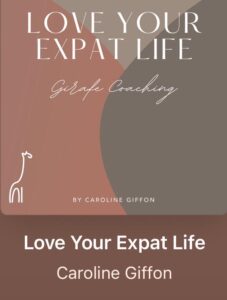 When some barriers to finding fulfilment seem insurmountable, or you simply want an intimate exploration of your specific journey, then talking to a career or life coach can be money really well spent. Whilst there may be a stigma that those people exist for C-Suite types, there are really wonderful coaches who specialise in working with people looking to use their life experiences with a different approach.
When some barriers to finding fulfilment seem insurmountable, or you simply want an intimate exploration of your specific journey, then talking to a career or life coach can be money really well spent. Whilst there may be a stigma that those people exist for C-Suite types, there are really wonderful coaches who specialise in working with people looking to use their life experiences with a different approach.